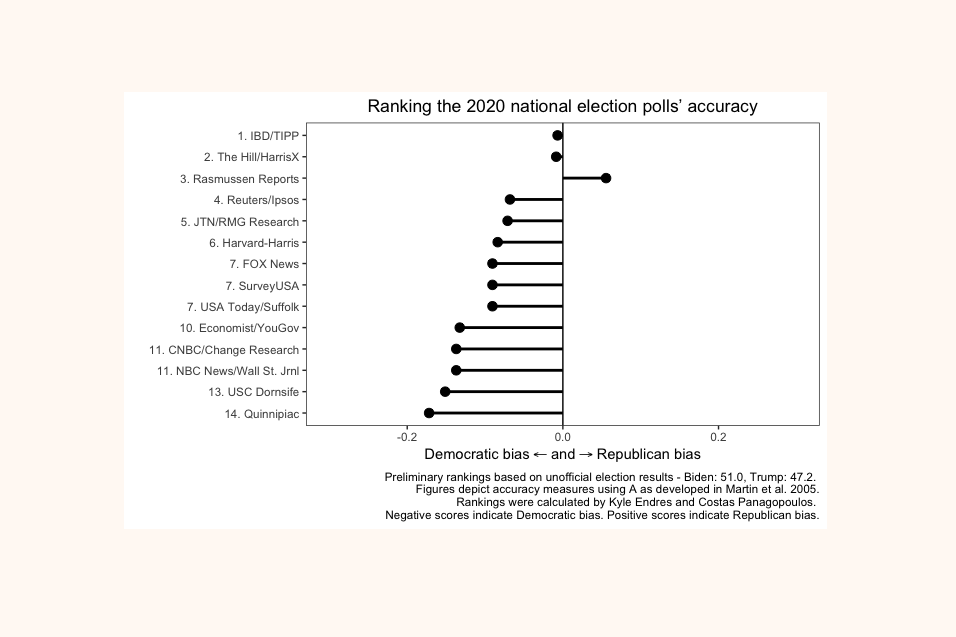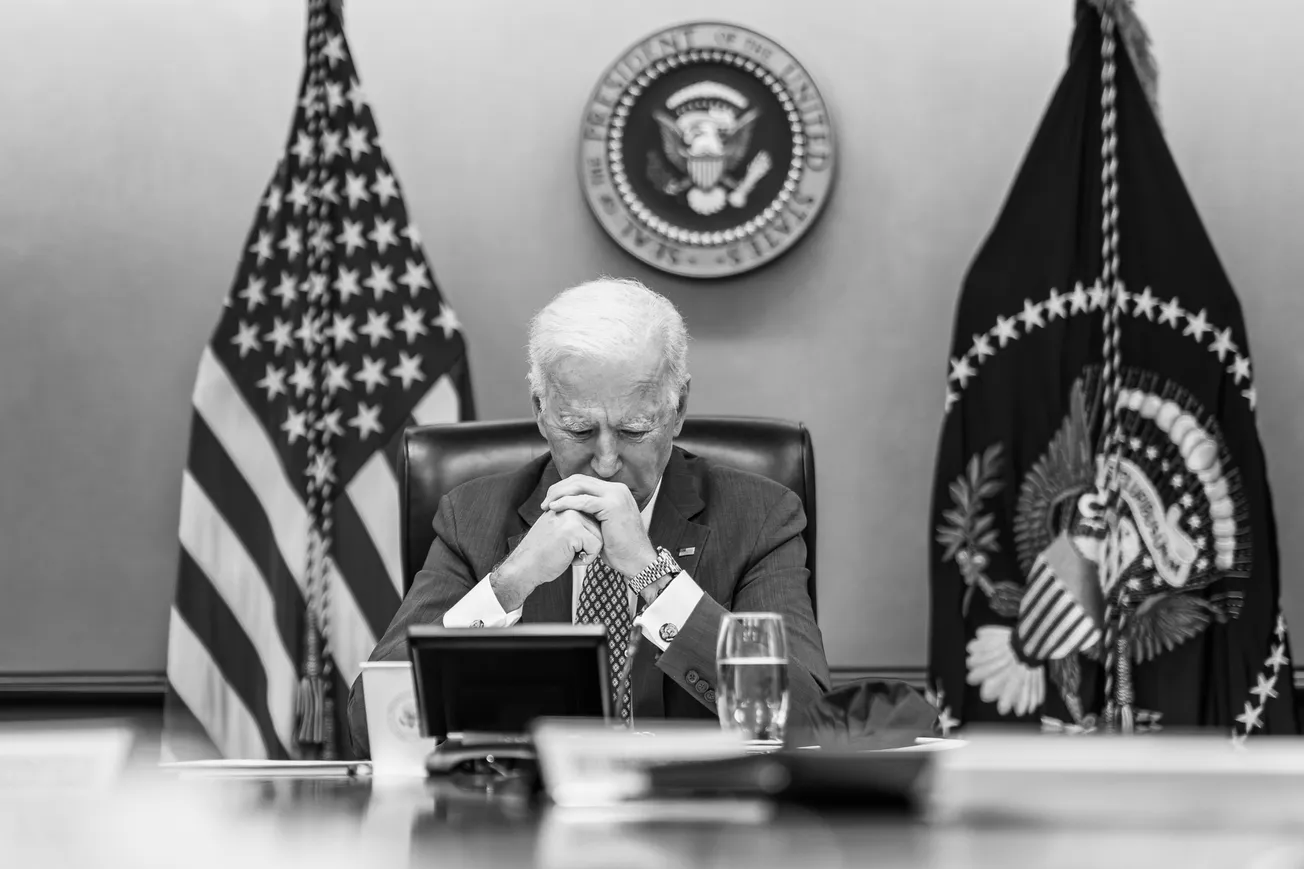Given the Biden administration's official response to Hamas' Oct. 7 attacks on Israel and the recent call by several nations to recognize a Palestinian state, you might think that Americans are ambivalent about Israel's tough stance against Hamas terrorism. But in fact, Americans broadly support Israel's actions by more than 2-to-1, according to the latest I&I/TIPP Poll.
The national online poll, taken from May 1-3, asked 1,435 adults the following question: "Do you support or oppose Israel taking tough actions, such as eliminating Hamas to ensure its security within its borders?"
Of those responding, 54% said they either "strongly" supported (29%) taking such action, or "somewhat" supported it (25%).
By contrast, only 21% said they either "strongly" opposed (9%) or "somewhat" opposed (12%) Israel's fight (the poll has a margin of error of +/-2.7 percentage points).
Overall, 24% described themselves as "not sure," a sign that many Americans have yet to fully sort out the issues involved.
There are some key differences within different demographic categories, particularly by political affiliation.
Republicans are far more likely to support Israel (68%) than either independents (49%) or Democrats (48%). Not surprisingly, the reverse is true for opposition: Just 12% of GOP members oppose Israel's military actions, versus 27% of Dems and 24% of independents.
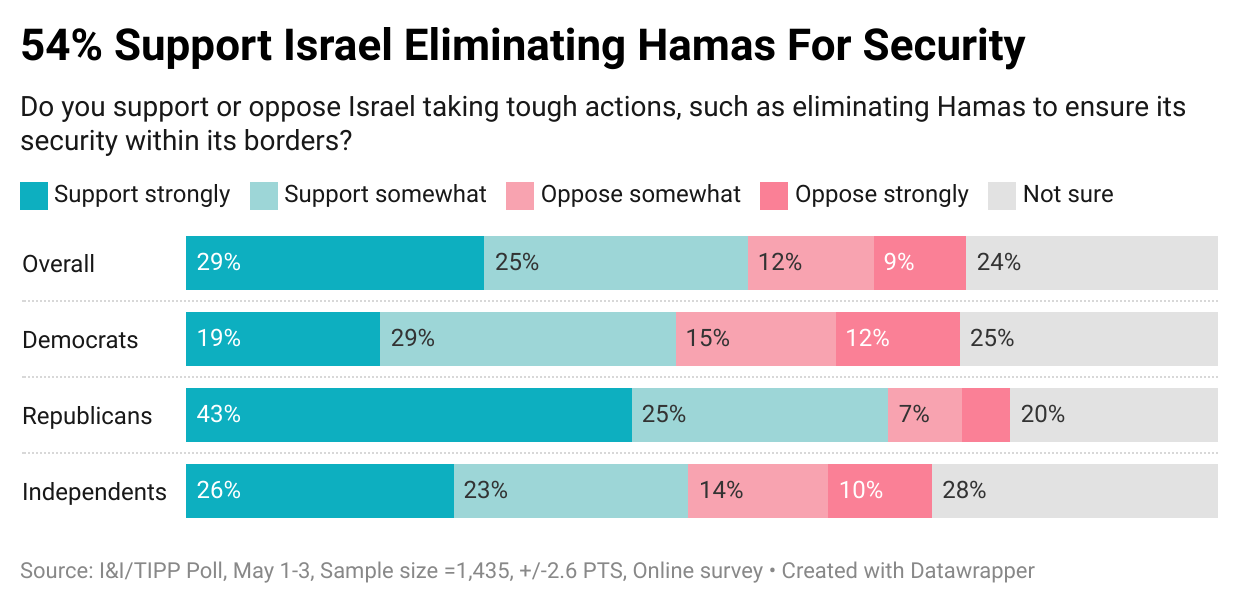
The I&I/TIPP Poll also asked respondents a second question: "Generally speaking, do you favor or oppose the establishment of an independent Palestinian state in the West Bank and Gaza Strip?"
On this question, the biggest response was "not sure," with 39%. A small 36% plurality either "strongly favored" (16%) or "somewhat favored" (20%) a Palestinian state, versus 24% that rejected the move either "strongly" (11%) or "somewhat" (13%).
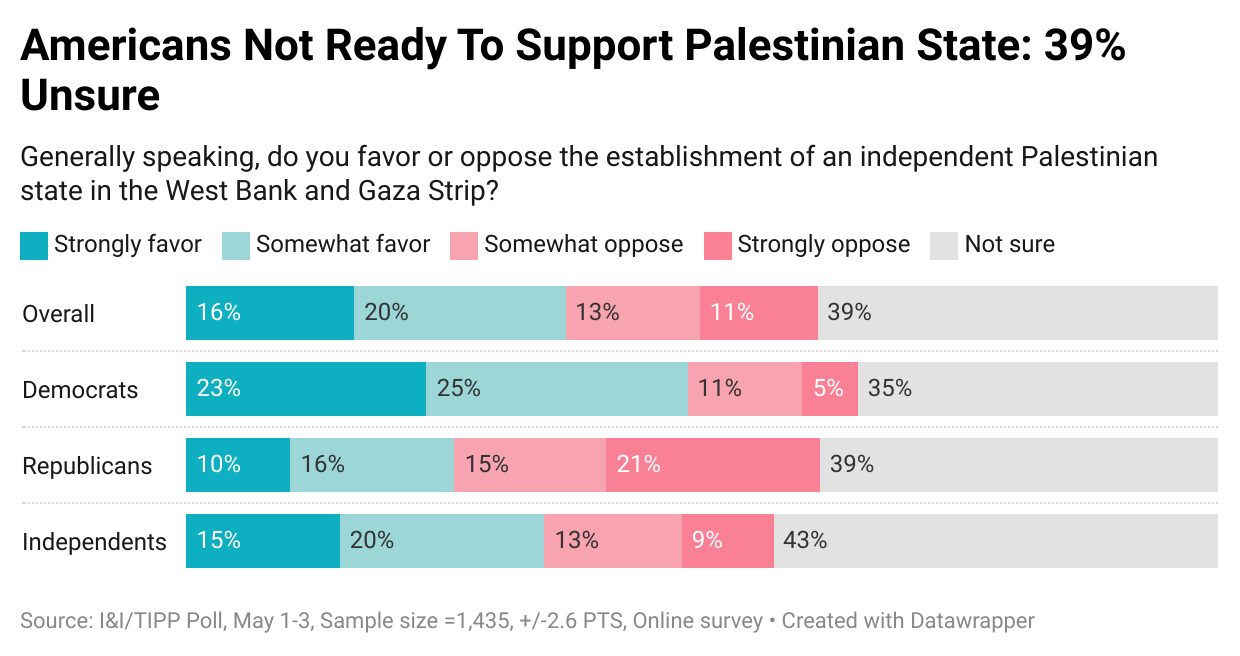
Taking it a step further, I&I/TIPP further qualified the question by asking a specific follow-on:
"Generally speaking, do you favor or oppose the establishment of an independent Palestinian state in the West Bank and Gaza Strip, even if it were to be led by Hamas, the PLO, or another jihadist group operating in the West Bank and Gaza?"
On this, Americans were adamant: Again, by more than 2-to-1, or 49% to 18%, they rejected the idea of a Palestinian state on Israel's border led by the PLO, Hamas, or other extremist Islamist group.
The opposition was bipartisan, though still tilted heavily towards the Republican side. Among Democrats, it was 42% oppose, 25% support; among independents, 49% oppose, 15% support; and among Republicans, 58% oppose, 14% support.
And also once again, "not sure" was a big response: 33% hadn't formed an opinion.
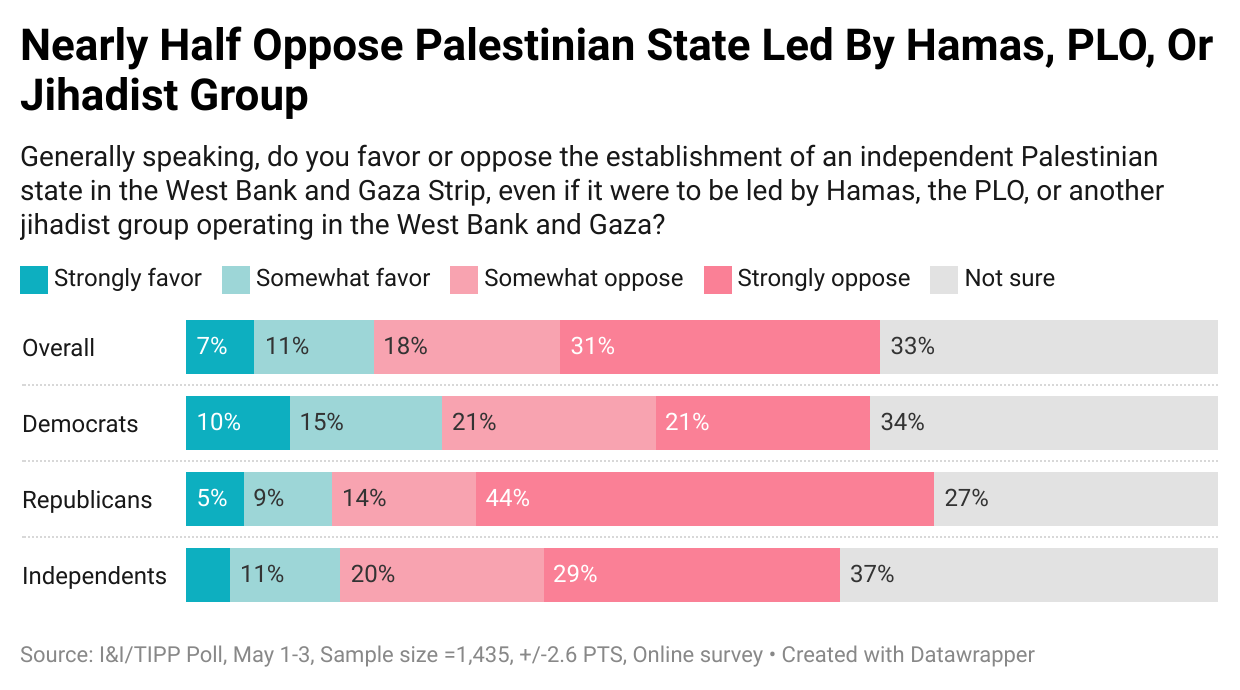
Recent developments could make the debate over a Palestinian state more than just political background noise in the 2024 presidential election.
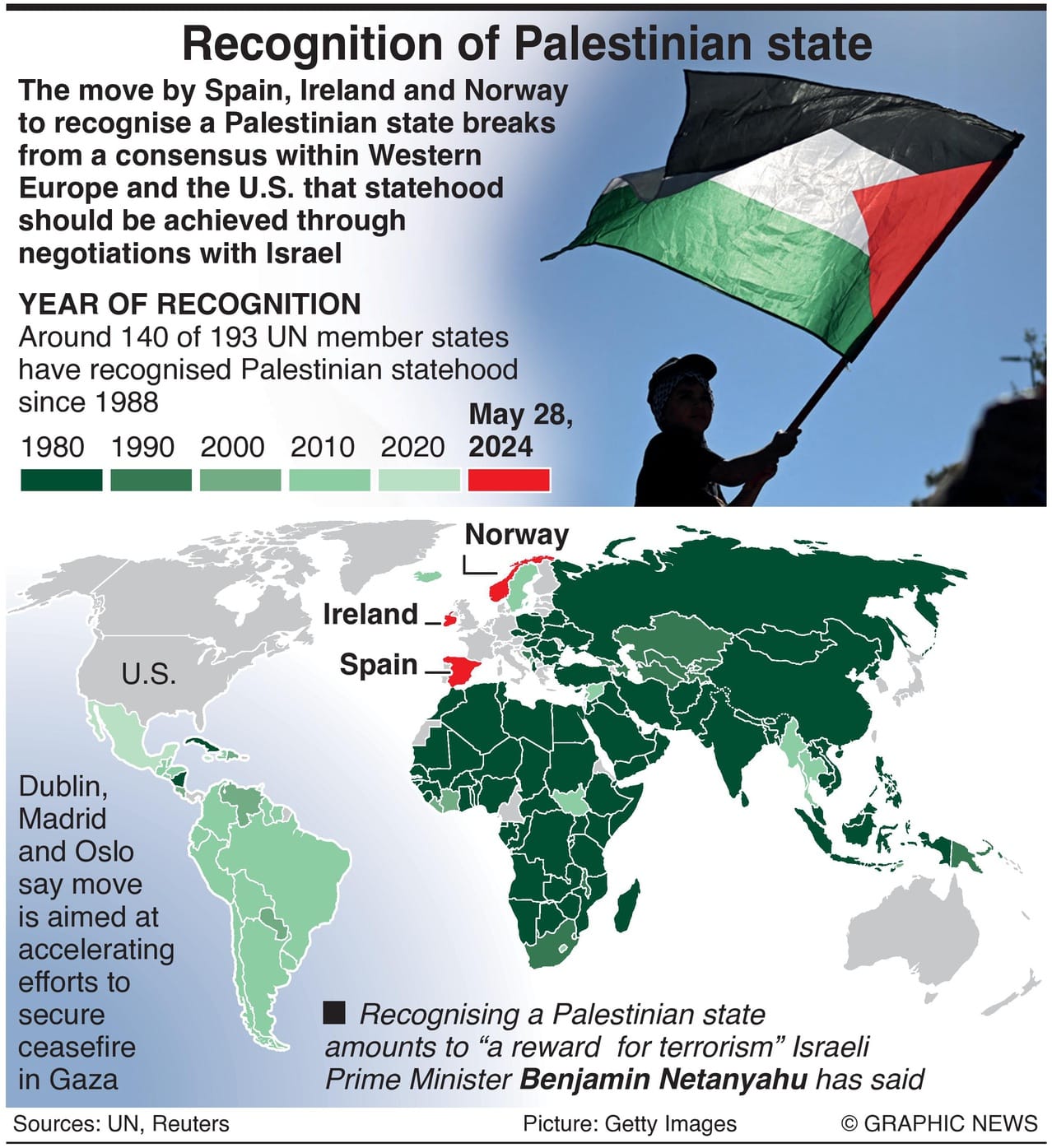
President Biden's decision to not supply "offensive weapons" to Israel as it cleans out Rafah (Hamas' last stronghold in Gaza), and his insistence on a "two-state" solution with the creation of a Palestinian state on Israel's border, has bolstered Hamas and strengthened the anti-Israel movement in the U.S. and in Europe.
The U.S. is also now reportedly in back-channel talks with Iran, presumably about keeping Mideast peace, but possibly also including "their shared desire for a different government in Israel."
Even as the U.S. talks with Iran, the International Criminal Court has issued arrest warrants for Israeli Prime Minister Benjamin Netanyahu and Defense Minister Yoav Gallant on "war crime charges."
Last week, three influential European nations – Norway, Spain and Ireland – added their names to the list of 143 countries that support the creation of a Palestinian state. Some note that given the terrorist nature of Hamas' attack, the West appears to be encouraging further such attacks by rewarding the last one.
The global move to appease Palestinian extremists is reflected on campuses across the U.S. Demonstrations, takeovers of portions of campus property, physical and verbal attacks on Jewish students, and demands for "divestment" from Israeli-based investments and companies have become features of daily life at major universities around the country this year.
How bad is it? A senior Hamas official "thanked" American students for their help.
”We thank the great student flood which emerged from the American, European, and Western universities,” senior Hamas official Khaled Mashal said. “We have an opportunity to defeat Israel, Allah willing. We have an opportunity to dismantle the Zionist enterprise. We have an opportunity to change the world.”
There's a growing list of lawsuits against major universities for allowing and even encouraging antisemitism, with strong and growing indications of heavy involvement by outside leftist groups in training and grooming a new generation of demonstrators.
Meanwhile, as angry donors shut their wallets to further gifts, many universities are having second thoughts and are trying to rein in the out-of-control antisemitism now sweeping the nation's campuses. But is it too late?
A more important question might be: Will this be a deciding factor in the 2024 presidential election?
Given the Democratic Party's growing friction with Israel's government, and indications that some of the anti-Israel demonstrations "get funding from foundations attached to some of the biggest names in Democratic circles," it seems likely that this issue will grow in importance.
As the I&I/TIPP data clearly indicate, Republicans are among the strongest backers of Israel. Will Republican candidates, including Donald Trump, gain support from those who strongly back Israel, in particular American Jewish voters?
A little history may be instructive. President Jimmy Carter won 71% of the Jewish vote in 1976, fairly typical for Democratic candidates, but saw that plunge by 26 points in 1980 after his administration disastrously backed the Arab-backed U.N. Security Council Resolution 465, which described Jerusalem as "occupied territory."
The result: In 1980, Ronald Reagan won 39% of the Jewish vote, the most since President Eisenhower.
Former President Trump has already attracted backing for his persistent support of Israel, including a strong working friendship with Netanyahu. Trump's Abraham Accords, which he brokered and Biden backed away from, were a rousing success. They led to the biggest improvement in Israeli-Arab relations in decades.
Will this attract Jewish voters, who typically vote about 70% for the Democratic Party? It remains to be seen. But for voters as a whole, the threat of war in the Mideast, accompanied by anti-Israel, anti-American turmoil at U.S. universities, might be enough to move the needle.
"Voters who may not be moved by the foreign policy component are likely to have strong feelings about intifada banners hanging from university administration buildings and Palestinian flags flown in place of Old Glory," noted Steve Stampley, a former congressional staffer, in the Washington Examiner. "An escalation of these tactics in Chicago this summer by an emboldened progressive wing could very well spell electoral disaster for Biden in November."
I&I/TIPP publishes timely, unique, and informative data each month on topics of public interest. TIPP’s reputation for polling excellence comes from being the most accurate pollster for the past five presidential elections.
Terry Jones is an editor of Issues & Insights. His four decades of journalism experience include serving as national issues editor, economics editor, and editorial page editor for Investor’s Business Daily.
Our performance in 2020 for accuracy as rated by Washington Post:
